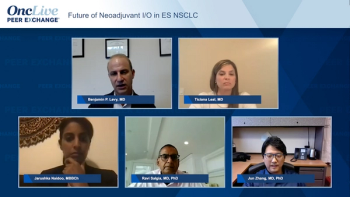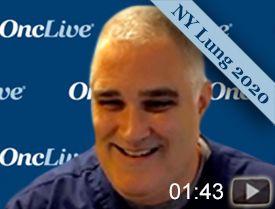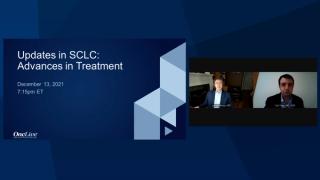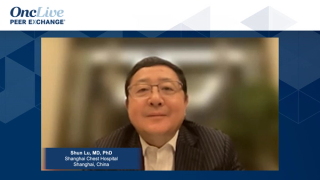
Lung Cancer
Latest News

Latest Videos

CME Content
More News
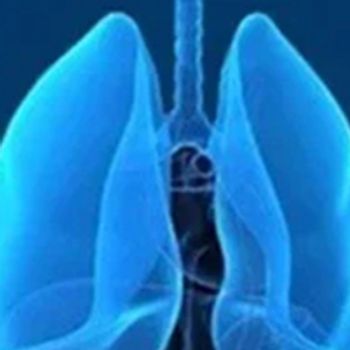
Neratinib showcased early activity when used in patients with metastatic non–small cell lung cancer who harbor EGFR exon 18 mutations.

The European Commission has approved the combination of nivolumab plus ipilimumab with 2 cycles of platinum-based chemotherapy for the up-front treatment of adult patients with metastatic non–small cell lung cancer without a sensitizing EGFR mutation or an ALK translocation.

Sandip P. Patel, MD, discusses the role of immunotherapy combinations in lung cancer.

Balazs Halmos, MD, MS, highlights the significance of the ADAURA trial in EGFR-positive NSCLC, questions raised by these data, and other efforts being made in the adjuvant setting.

Helena A. Yu, MD, discusses novel non–small cell lung cancer combinations and biomarkers that are under investigation in order to overcome osimertinib resistance

The FDA has approved the cobas EGFR Mutation Test v2 as a companion diagnostic for EGFR TKIs in the treatment of patients with EGFR-mutated non–small cell lung cancer.

Nicholas Rohs, MD, discusses the progress made with chemoimmunotherapy combinations in frontline non–small cell lung cancer, future research directions, and emerging approaches that seek to propel progress in this disease.
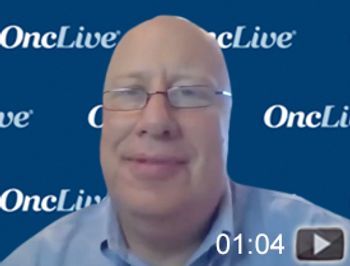
Alexander Spira, MD, PhD, FACP, discusses the rationale of the phase 1 CHRYSALIS trial with amivantamab plus lazertinib in EGFR-mutant non–small cell lung cancer.
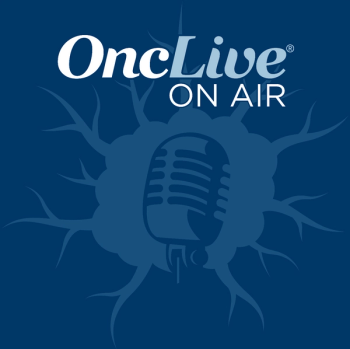
In our exclusive interview, Dr. Raez provides insight into the advantages and disadvantages of liquid biopsy relative to tissue biopsy and forecasts the utility of liquid biopsy within the field of lung cancer as more of these assays become available.

The FDA has granted a priority review designation to a supplemental biologics license application for cemiplimab-rwlc for the frontline treatment of patients with locally advanced or metastatic non–small cell lung cancer with a PD-L1 expression of 50% or greater.

Renato G. Martins, MD, discusses the many up-front approaches that have emerged in NSCLC, remaining questions to address with future efforts, and novel combinations under exploration.
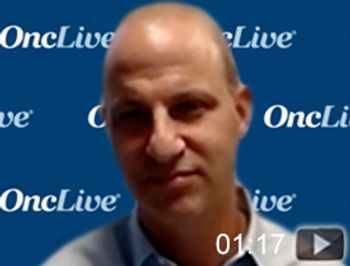
Benjamin P. Levy, MD, discusses the mechanism of action of telaglenastat in non–small cell lung cancer.

Shirish M. Gadgeel, MD, MBBS, highlights some of the recent targeted therapy advances in NSCLC and how ongoing research is taking the paradigm to the next level.

Christina Baik, MD, MPH, highlights the evolving role of EGFR inhibition in the NSCLC space.

Justin F. Gainor, MD, discusses the recent FDA approvals of pralsetinib and selpercatinib, which led to expanded treatment options for patients with non–small cell lung cancer who harbor RET rearrangements.

Adagrasib, a potent and selective inhibitor of KRAS G12C, showcased encouraging clinical activity with an acceptable safety profile in patients with KRAS G12C–positive non–small cell lung cancer, colorectal cancer, and other solid tumors.
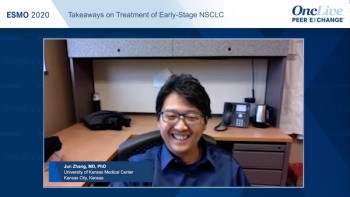
Takeaways on Treatment of Early-Stage NSCLC
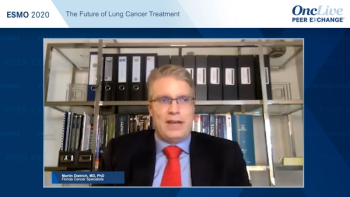
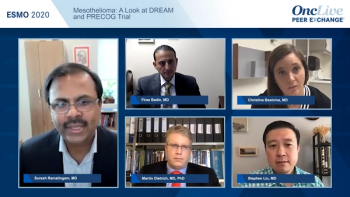
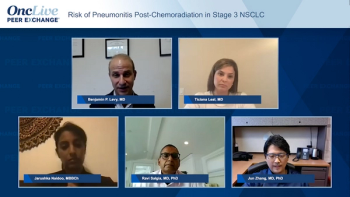
Risk of Pneumonitis Post-Chemoradiation in Stage 3 NSCLC
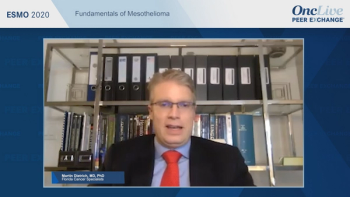
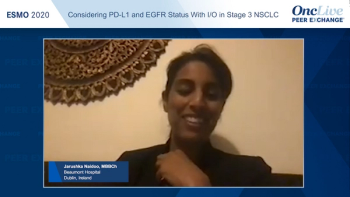
Considering PD-L1 and EGFR Status With I/O in Stage 3 NSCLC
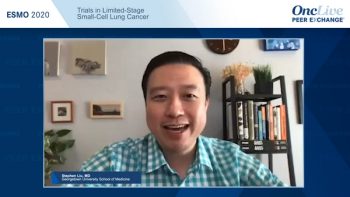
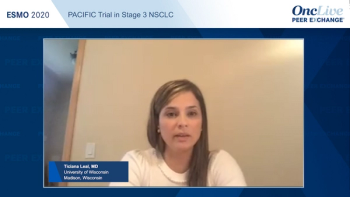
PACIFIC Trial in Stage 3 NSCLC
